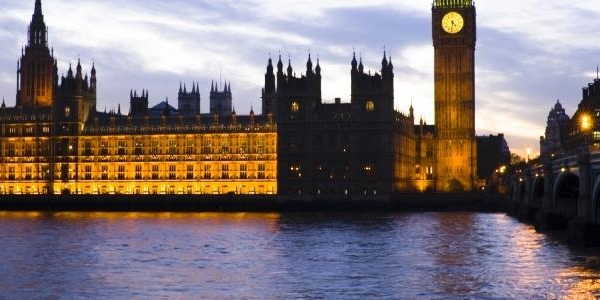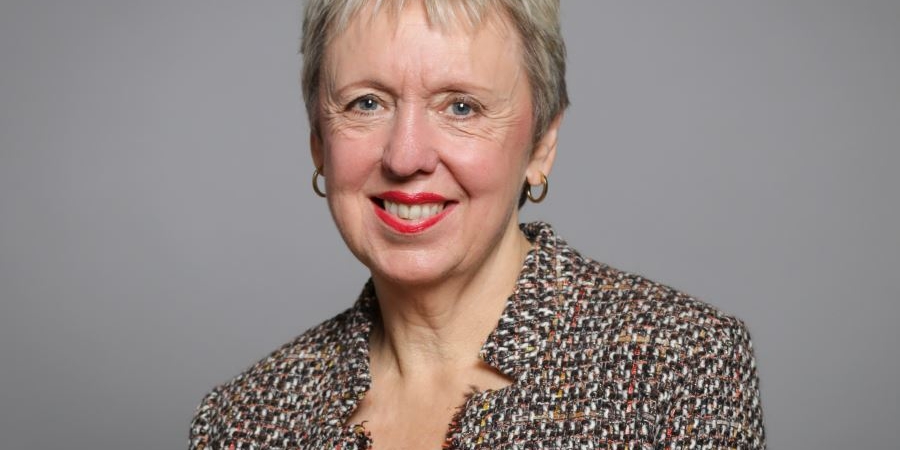Reassurances given over extremism prevention guidance
Religious Liberty
Yesterday in the House of Lords, the Government gave clear assurances to Peers that when it updates the guidance on assessing whether someone is at risk of terrorism, it will make it clear exactly what kind of extremism is covered by the Prevent duty and other relevant guidance and what is not.
As Baroness Howe argued, this clarification is vital to ensure the current confusion and risk of local authorities becoming ‘thought police’ is reduced.
Background
Peers were debating the Government’s Counter-Terrorism and Border Security Bill, at Report stage (day 2).
Part of this Bill, specifically Section 19, will amend Section 36 (assessment and support for persons vulnerable to being drawn into terrorism: local panels) of The Counter-Terrorism and Security Act 2015 which is to do with assessing and preventing vulnerable persons from being drawn into terrorism.
In her speech, Baroness Howe pointed out that the current guidance documents, which help local authorities put the law into practise, uphold an inconsistent approach to the crucial question of whether – and if so, when – considerations regarding non-violent extremism are relevant in assessing vulnerable people deemed to be at risk of being sucked into terrorism.
She said that while Section 36 places a clear duty on local authorities to assess whether someone is vulnerable to being drawn int terrorism, it does not ask for an assessment to be made regarding whether that person will be drawn into any other activity and, specifically, no reference is made to non-violent extremism.
The problem this creates is that it could see local authorities straying into a general assessment of whether someone is at risk of being drawn into any form of terrorism which would go further than the legislation allows.
Guidance
To help local authorities make the assessments required by Section 36, the Government produced the Channel duty guidance which is specifically to do with implementing Section 36.
However, the government also encourages local authorities to consult the Prevent duty strategy and the counterterrorism strategy.
As Baroness Howe pointed out, both Prevent and the counterextremism strategy have unclear definitions of extremism.
The Channel guidance is also confusing. In her speech, Baroness Howe argued persuasively that the Channel guidance, the Prevent duty guidance and the counterterrorism strategy need to be updated as a matter of urgency to include a clear and consistent definition about when non-violent extremism was a relevant consideration in discharging Section 36 responsibilities.
Amendment 46
Amendment 46 in the name of Baroness Howe aimed at requiring the Secretary of State to revise the existing guidance to clarify exactly what other considerations, other than terrorism can be viewed as relevant to the assessment of an individual who is thought vulnerable to being drawn into terrorism.
Government’s response
Responding for the Government, Baroness Williams of Trafford said:
“While I would not wish to commit the Government to a specific timeframe for producing new guidance, I can say that in any event the guidance will need to be reviewed as part of the post-legislative review process that takes place five years after enactment. The fact that the Act in question received Royal Assent in 2015 means that a review and revision of the guidance will happen no later than 2020. When we revise the guidance, we will be sure to take on board the comments that the noble Baroness has made and make it clear exactly what kind of extremism is covered by the Prevent duty and the guidance, and what is not. Prevent is not and never has been any form of thought police, nor has it or been about suppressing dissent. It is of course, as I said earlier, about safeguarding vulnerable people.”
Following these helpful comments, Baroness Howe withdrew her amendment.
CARE’s response
CARE’s spokesman James Mildred said: “There is a strong British tradition of allowing and encouraging free speech. Tackling extremism is necessary but it must not come at the expense of this freedom. We welcome the commitment of Baroness Howe and Lord Morrow in raising serious concerns in relation to the guidance on implementing Section 36. Definitions matter enormously, or else confusion reigns. The helpful reassurances from the Government are also very welcome and we look forward to scrutinising the new guidance when it is finally published.”
Read more
You can read the full debate here
Find out more about our work on defending free speech here
For the latest news on extremism and free speech, see here





Share story
Reassurances given over extremism prevention guidance